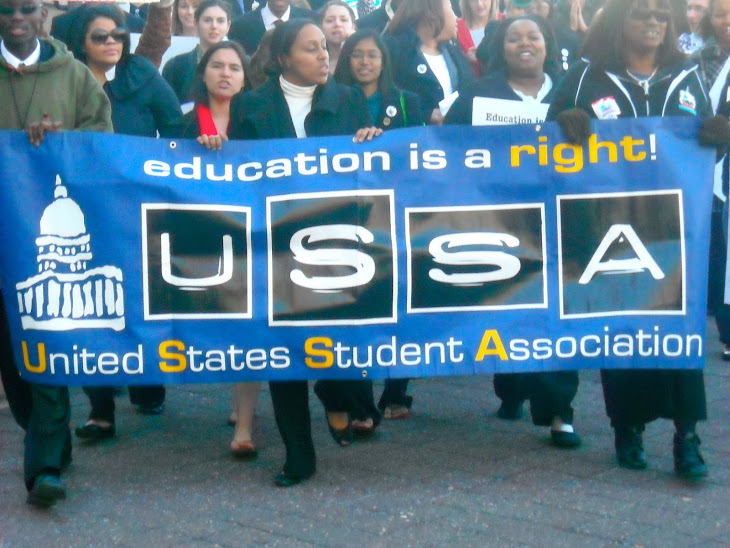There is a fervent debate escalating in the Boston Globe over whether American students are lazy. The heated discussion began when a Babson College professor penned an opinion editorial in the Globe titled My Lazy American Students in which she claimed that American students are sluggish when compared to their international peers. “My ‘C,’ ‘D,’ and ‘F’ students this semester are almost exclusively American,” said the professor, “while my students from India, China, and Latin America have - despite language barriers - generally written solid papers, excelled on exams, and become valuable class participants.”
As could be expected, this assertion provoked a firestorm of passionate rebukes. A Babson College student published a guest editorial in response, arguing that what American students lack in obedience and discipline, they make up for in creativity, independence, and leadership. So who’s right? And what’s the solution?
The indictment against America’s education system is certainly warranted. As the professor points out in her article, a 2002 National Geographic-Roper survey found that most 18-25 year-olds could not identify Afghanistan, Iraq, or Japan on a map. However, blame for this lack of knowledge cannot be placed solely on the laziness of American students; rather, it is an institutional failure that often leaves children behind before they even get to college. More than a million college freshmen must take remedial courses every year, which means over 60 percent of freshman at 2-year schools and 20-30 percent at 4-year institutions are inadequately prepared for college-level work when beginning their higher education, according to the National Center for Public Policy and Higher Education.
The disconnect between college preparation and high school attainment is largely made possible by a lack of communication between the two systems. “Right now, high schools hand students off to colleges and declare victory,” says Dr. Michael Kirst, a Stanford University professor who has studied the proliferation of remedial courses in America. “They say, ‘A high percentage of our graduates went to college,’ but they don’t look at how many had to take remedial courses or never got a degree. And the colleges blame the high schools for not preparing students, but don’t work to align the courses.” One can hardly assign total fault to students’ laziness for lackluster performances in the classroom when education institutions so often fail to set the foundations necessary for academic achievement.
The Obama Administration has made college readiness a top priority of its education platform. The Student Aid and Fiscal Responsibility Act, which passed the U.S. House of Representatives in September and is expected to be taken up by the Senate in coming months, helps make college attainable and successful for many underrepresented students. Notably, it creates an Early Learning Challenge Fund, which would award competitive grants to states that implement reforms that improve the academic readiness of children, and invests in college retainment and graduation efforts to ensure students have the resources to make their higher education a success.
If we want American college students to lead the world in innovation and work-ethic we must not shrink to blaming our educational failures on laziness. Instead, we must trust that if students are provided with the tools necessary to excel, they will make even the most skeptical professor proud.

No comments:
Post a Comment